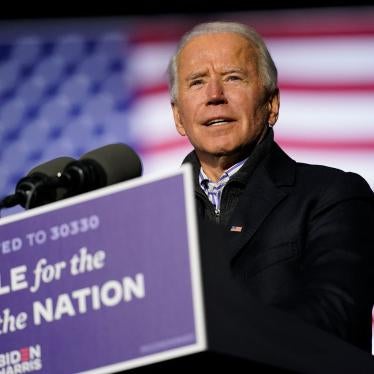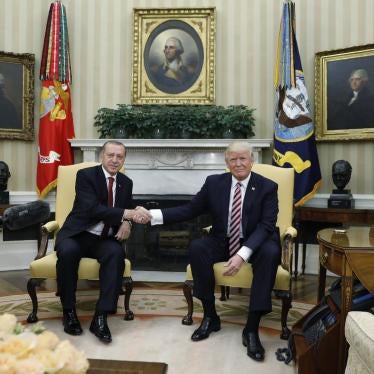"Are we doing the right thing staying in the United States of America?" Sunayana Dumala, the widow of an Indian engineer killed last week in a Kansas bar, said she often asked her husband. In the days following the shooting, I've found it hard to avoid asking myself the same thing.
Witnesses said a middle-aged white man told two Indian engineers to "get out of my country" before shooting one dead and wounding the other on Wednesday, Feb. 22. The two men, both 32, had stopped at a sports bar in the city of Olathe for an after-work drink when the alleged assailant asked them what visa they were on and if they were in the country illegally.
The Navy veteran was escorted out of the bar by the manager, but came back with his gun and shot the two men. The fact that they were Indians, from the southern Indian city of Hyderabad, rather than the "Middle Easterners" the shooter thought he had attacked, did little to protect them from his bullets.
During a press conference the following day, local law enforcement officials were reluctant to say that they're investigating the shooting as a hate crime. Today, the FBI announced that it would be investigating the shooting as a hate crime alongside the Department of Justice.
But last Friday, the White House spokesman Sean Spicer was asked to address the issue, which the Trump administration had so far been silent about: "Any concern that some of the rhetoric that the President or — that generally has been out here recently — could have contributed in any way to [the Kansas shooting] or stepped up violence?" His response: "To suggest that there's any correlation I think is a bit absurd."
President Trump has tweeted over a dozen times since the shooting, addressed the Conservative Political Action Conference in a publicly televised speech, and made his weekly White House address to the nation. He's not said a word to condemn the shooting or express condolences to the victims and their families.
For many watching America from abroad, where the shooting has been leading the front pages of papers, this silence speaks volumes. The father of one of the victims has already drawn his own conclusion. "The situation seems to be pretty bad after Trump took over as the U.S. President," he said, "I appeal to all the parents in India not to send their children to the U.S. in the present circumstances."
My husband and I are Indian immigrants. Like many "model minority" immigrants, we've made a comfortable home in the United States. While in high school, I gave up my Indian citizenship to hold a U.S. passport with pride. The first immigrant Indian woman to seek the same, Kanta Chandra Gupta, applied for citizenship in 1910 and was denied that right until almost 60 years later. The Kansas shooting was a dark warning to me that this history still lives within us.
Hate crimes are not a new feature of life in the United States. The long dark record of racist violence against Native Americans and blacks in the country continues to reverberate today. Islamophobic and anti-Semitic violence are on the rise. In the month following Trump's election, the Southern Poverty Law Center counted over 1,000 "bias-related" incidents.
Still, many Indian immigrants imagined themselves to be immune. But hate doesn't see the nuance of different shades of brown or different accents.
Despite all this, the fact that there were three, not two, victims in Wednesday's shooting has given me a reason to be hopeful.
The third victim was not a dark-skinned immigrant with an accent. The brave bystander, who jumped out from under the table to stand up for two men he didn't even know, was a Kansas-born white American. Even after bullets were flying, Ian Grillot decided to intervene on behalf of two strangers at incredible risk to himself. Many are justifiably hailing him as a hero.
"No, it's not like that," Grillot said in a moving video posted to YouTube from his hospital bed, where he was recovering from gunshot wounds to his hand and chest. "I was just doing what anyone should have done for another human being. It's not about where he was from or his ethnicity. We're all humans. I just felt I did what was naturally right to do."
For those of us who've come to this country and benefited from the incredible opportunities it affords, it's time to step up and stand with those under threat. Our liberty is inextricably bound together with theirs. Muslim, African-American and Jewish communities have and will likely continue to face far more bias-motivated violence than many others. With talk of another travel ban, increased deportations, the construction of a wall and the rollback of the rights of transgender people, there will be ample opportunity for solidarity.
I can only hope I have the same courage and conviction as Ian Grillot when I see others come into harm's way. That's my new American dream.
Kumar is deputy UN director at Human Rights Watch.









